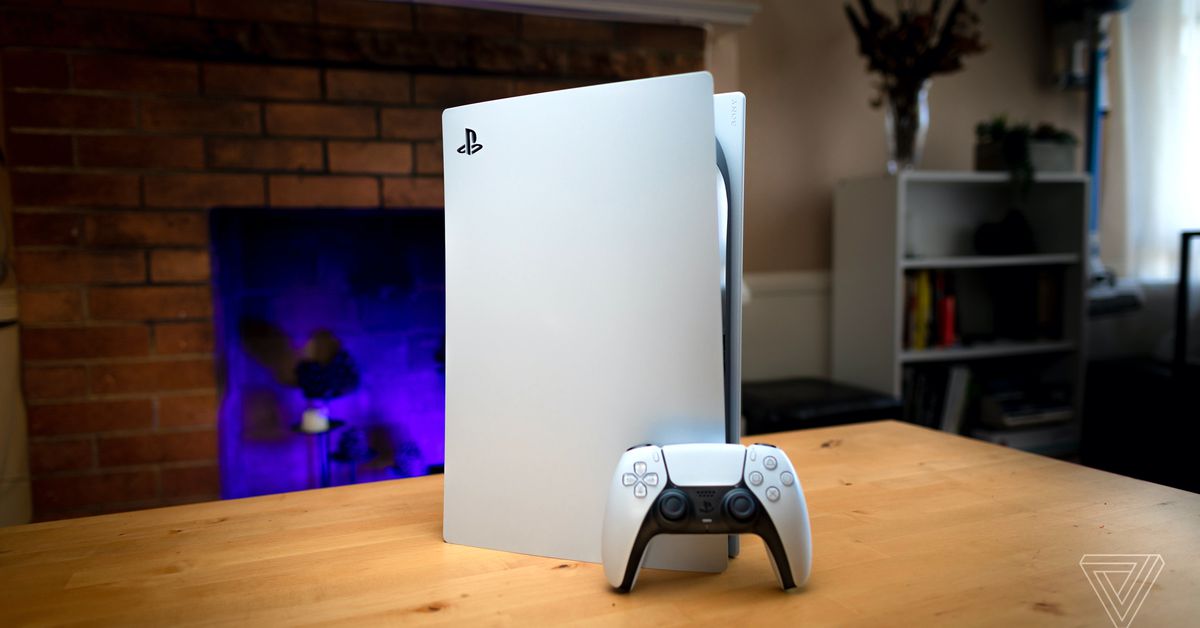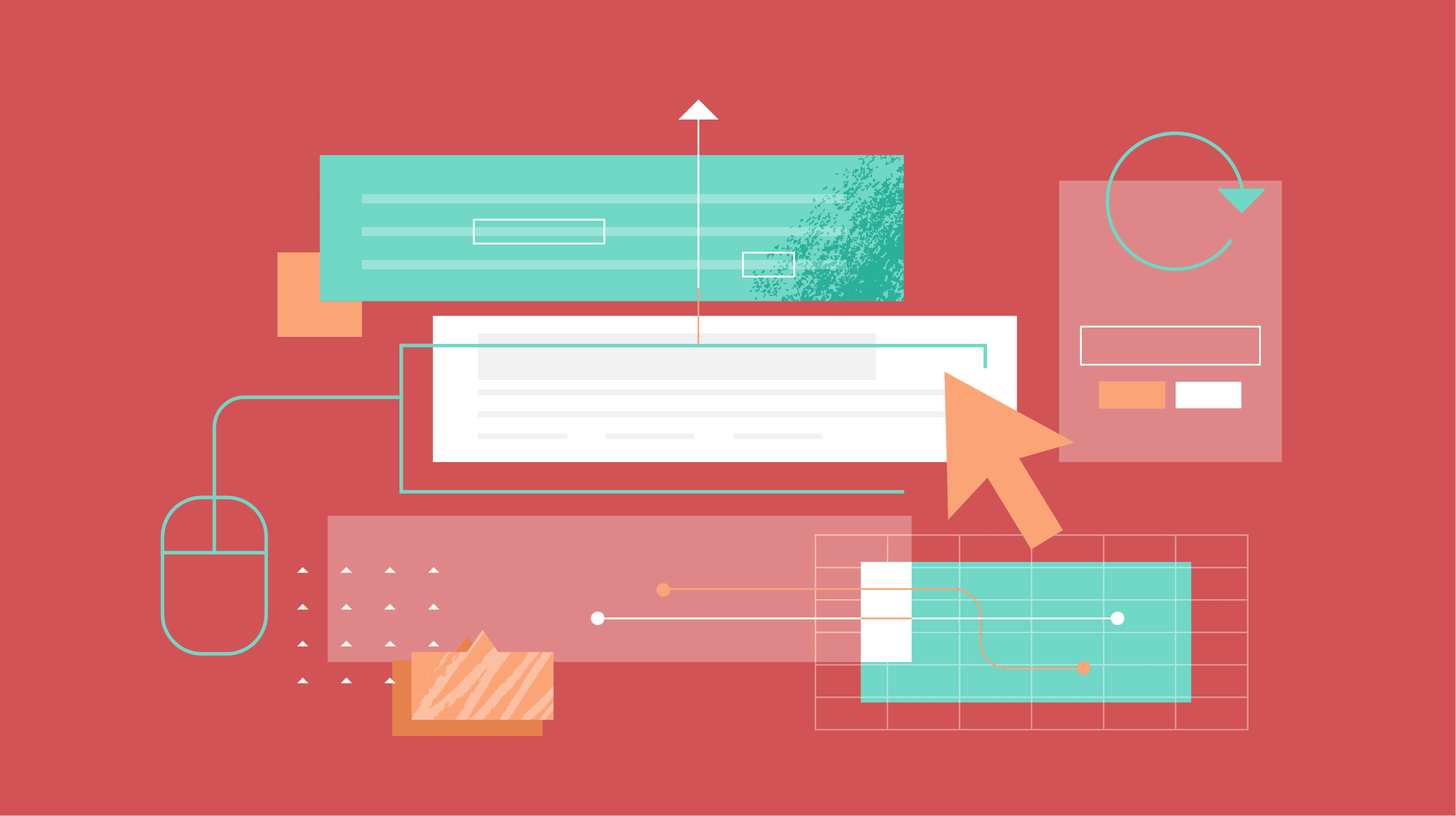How to convert a PDF to JPG
Sometimes an image is just easier to work with, and one of the best image formats you can use is JPG. This guide will teach you how to convert a PDF to JPG.

You downloaded a file and want to share it, but there’s just one problem: It’s a PDF, and you really need a JPG. Thankfully, there are a few different options for converting a PDF to a JPG that make the process easier than ever.
Whether you’d prefer to use a website or an app, we list the best conversion options for both Mac and PC users.
Use a conversion site

The best part of using an online tool is that it can be used from any computer or mobile device anywhere globally (and it won’t take up space on your computer). The only downside is that they tend to be a little limited in the amount of data you can convert at one time, making them difficult to use for larger PDF files. However, it’s incredibly straightforward.
There are all sorts of different conversion websites on the internet, but we like Zamzar’s trusty conversion tool, which has a clean interface and avoids annoying ads.
Step 1: Go to Zamzar’s conversion site
Navigate to Zamzar’s PDF to JPG conversion tool in your web browser and follow the on-screen instructions. Zamzar includes descriptions of all file formats if you aren’t quite sure if JPG is what you need or if you’d prefer a different format.
Step 2: Select your PDF
 Screenshot
ScreenshotYou can drag-and-drop files to upload them to the site’s converter instantly. There are also two other easy ways to upload your files. First, you can select the green Add Files… button. This will open a file search window so that you can select your file from your computer. Second, you can choose the Select Link option underneath the Add Files… button. This will take you to another page in which you can upload your file by entering a URL.
Step 3: Choose your output format

For the second step, you can pick what format you want the file converted to. Select the drop-down menu under the second green checkmark and look for the JPG option under image formats. To make it easier on you, the link we included up top will automatically set the format to JPG, but if you start at Zamzar’s home page, you will need to complete this step, too.
Step 4: Choose how you want to download

The final Zamzar button is Convert Now. However, before you select this, take a look below to see the Email When Done? option. If you prefer to get your JPG by email, then check this box, which will pop up an email form right below. Fill this out, and then choose Convert Now to begin.
Step 5: Finish the conversion!

When you’re ready to finish, click the Convert Now button to begin the conversion process. It will take several seconds to a few minutes to convert your file (Zamzar promises faster conversions if you create an account with them, but this is absolutely unnecessary for most projects). When everything is done, select Download to download the file to your local hard drive. Select Convert More Files to continue with other PDFs. Zamzar will hold files for 24 hours, after which they are securely disposed of.
Zamzar can do pretty much anything to PDFs, so if you want to convert your files to other formats that your project might require, you can. Just pick your choice from the drop-down menu we mentioned in step 3.
Windows alternative: Any PDF to JPG
 screenshot
screenshotIf you’d rather have a dedicated desktop app for converting PDFs to JPG files, look no further than Any PDF to JPG. It’s free and easy to use. Just download the app from the Microsoft Store.
Once it’s downloaded and installed, open the app and select the Load PDF button in the top-left corner to open the PDF file you want to convert. Then, select the Save Image button in the lower-right corner to begin the conversion process. On the next screen, choose your output folder and your page ranges, and then select the drop-down menu underneath the words Output Format to choose JPG from the list of available file formats. Then select Continue.
Once the conversion is complete, you’ll then be presented with the option to view your JPG’s saved location. To do so, select Open Folder.
MacOS alternative: PDF Preview
Out of all the platforms, MacOS offers the easiest and most direct option for converting PDFs natively. You don’t need to download any extra tools to get the job done. Here’s what to do.
Step 1: Open Preview

PDF files should open in Preview mode by default. If you changed your default action for PDFs, you could adjust your default action for that file type by right-clicking the file or opening it manually.
If you choose to use the manual method, locate the PDF file using Finder and right-click to open in Preview mode. You can also open Preview from the launcher icon, located in your Dock at the bottom of the screen.
Step 2: Export your PDF

Once you’ve opened your file in Preview, you are ready to export. Click the File option in the menu bar, then click Export.
Step 3: Change the file format and more

To select an export type, such as JPG, click the Blue Arrows next to Format. Additionally, the slider next to Quality will adjust the output from Least to Best, and the text field next to Resolution can make the image smaller or bigger. Finally, change the file name and save the location as needed.
To complete the process, click the Save button.

If you only want to save part of the PDF, click View on the menu bar. Turn on Thumbnails to allow you to select particular pages via the Thumbnail sidebar.

 AbJimroe
AbJimroe 



















.jpg&h=630&w=1200&q=100&v=6e07dc5773&c=1)












